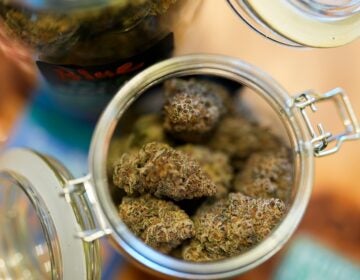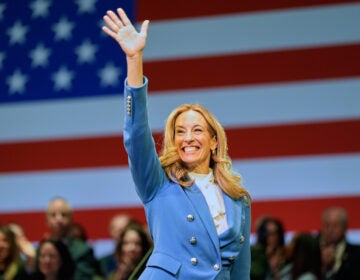Remembering the assassination of President Kennedy, November 22, 1963.
For those of us who experienced the assassination of an incumbent U.S. president, and that’s a small minority of us now, it seems incredible that 48 years have passed since an event so vivid in our memories that we can still recall the tiniest details.
I was in 10th grade, and I was walking down the stairs of my high school on my way to my last Friday class when a classmate looked up at me and shouted, “President Kennedy’s been shot! I’m not kidding!” Nobody knew what to do, so we just went to our class. The teacher insisted on teaching the class as usual. I wondered whether what my classmate had said was true or just a rumor.
It wasn’t until class was dismissed, and I got onto the school bus for the ride home, that another classmate turned on a transistor radio, and we heard confirmation of the event. We listened to the radio all the way home. My mother greeted me as usual, but I shouted at her, “Turn on the TV! Turn on the TV!”
Like most American families, we were glued to the TV for the entire weekend as all three networks provided unprecedented continuous and commercial-free coverage of every detail of the response to the assassination, including the capture of Lee Harvey Oswald, and his own murder, the first murder to be broadcast live on television, by Jack Ruby.
The shock of a president’s murder was compounded by this particular president’s newness in office, and his youth. He was only 43 when inaugurated in 1961, the youngest president ever elected, and 46 years old at his assassination. His “thousand days” in office were marked by impressive accomplishments like the Peace Corps, the Alliance for Progress, the space program aimed at the moon, the first nuclear test-ban treaty, and spectacular failures like the disasterous Bay of Pigs invasion of Cuba.
In retrospect, the assassination of a sitting president signaled a historic change from the satisfied complacency of the 1950’s to the agonies of the 1960’s. Already that year, civil rights demonstrations in the South had brought national attention to the widespread practice of racial segregation enforced through terrorist threats and violence, calling into question our daily pledge to “liberty and justice for all.” President Kennedy, ever the politician, was slow to respond to the struggle for civil rights, and tried to compromise with the strong segregationist wing of the Democratic party.
Two months before the assassination of President Kennedy, the U.S. had colluded in the assassination of the president of South Vietnam, throwing that government into chaos, and the U.S. soon found itself at war in that country, where nearly 60,000 Americans would die out of a U.S. population only half the size of today’s, with another 150,000 wounded. Also within months of the assassination, both the Beatles and the Rolling Stones made their first U.S. tours, setting off a cultural revolution which helped to divide Americans into hostile opposing camps. We have never fully recovered from the resulting cultural and political divisions.
The Kennedy assassination has been compared to the 9/11 terrorist attack in its shock to the American psyche. It would be petty to quibble over any comparison of those two tragedies. But for those of us of a certain age, the assassination was the shocker, the loss of innocence, the introduction to a more complicated and troubled world than we had ever imagined.
WHYY is your source for fact-based, in-depth journalism and information. As a nonprofit organization, we rely on financial support from readers like you. Please give today.




